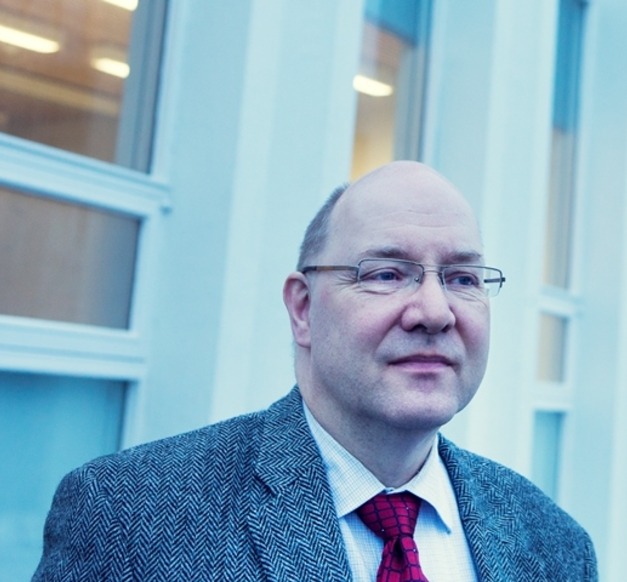Diverse research is conducted within the University of Iceland where scientists from different fields of study collaborate on various challenges, sometimes in collaboration with institutions and companies outside the University. One of these studies is the EcoFishMan project.
“The project seeks to review fisheries management systems that are based on more involvement of stakeholders than hitherto customary. The goal is to examine the possibilities in management based on setting certain goals and assigning them to certain parties; e.g. within the fishing industry, who are to develop approaches to obtain them. These goals can be biological, such as ecosystem-based sustainable management and reduction of discards, economic and social viability, such as decent salaries, profitability and housing,” says Sveinn Agnarsson, Associate Professor in Economics, and one of the researchers on this project within the University of Iceland.
The research is funded by the EU‘s Seventh Framework Programme (FP7) and there are 15 members in Europe involved under the leadership of Matís. Agnarsson is connected to the project through the UI’s Institute of Economic Studies. “The Institute has been a party to numerous European projects; mostly on research in fisheries. The Institute has a good reputation in the field and has a good contact network around the world and this project is one of the results of such collaboration,” says Agnarsson.
Sveinn Agnarsson
The goal is first and foremost to improve fisheries managements systems within the European Union by dealing with various matters that the EU has pointed out need fixing, as well as vague goals in EU fishing policies; short-sightedness and the fact that stakeholders are hardly at all responsible for management.

The project was launched in March 2011 and will be completed in spring 2014. “There have been ongoing case studies in Iceland, Scotland, Italy and Portugal where the results of fisheries management through negotiations with interested parties are reviewed; for example negotiations withowners of small fishing vessels in Iceland,” adds Agnarsson.
Asked about the value of this study Agnarsson says that the goal is first and foremost to improve fisheries managements systems within the European Union “by dealing with various matters that the EU has pointed out need fixing, as well as vague goals in EU fishing policies; short-sightedness and the fact that stakeholders are hardly at all responsible for management. The study has the potential to both improve fisheries management systems and treatment of natural resources, as well as increasing awareness among stakeholders on the benefits and drawbacks of managing fisheries in a certain way.”


